[This article contains major spoilers for Attack on Titan season 3.]
With the final season of Attack on Titan now underway, it’s a good time to take a quick look back at the season that preceded it and how it elevated what initially appeared to be your run-of-the-mill action shounen anime to a true narrative powerhouse. I’ll be the first to admit that I’m not exactly an expert when it comes to anime. I’m not well-versed in the ins and outs of what makes an anime series tick, and hell, I’m not even a fan of the genre in general.
At first glance, Attack on Titan seems to embody almost everything I hate about anime: it’s extremely over-the-top, it’s overdramatic, and everyone’s always yelling and crying all the time. If it wasn’t for the beautiful soundtrack and the exceptionally well-choreographed action, I likely would’ve dropped the series long before the first season even ended.
By the time I got to the third season, though, I was convinced that Attack on Titan featured a wonderfully intricate plot that could easily stand shoulder-to-shoulder with something like Game of Thrones… pre-season 6, that is.
It’s not a stretch to say that Attack on Titan has seen a noticeable dip in popularity as the series has progressed. The gap between its first two seasons stretched on for way too long, and by the time the series found its footing again, there were newer and bigger series to check out.
Its third season doesn’t completely abandon its focus on action, but from its new opening, it became clear that this season was going to be all about the characters and plot. The Titans would take a backseat, at least in the first half of the season. The series has spent the past few years building up to the conclusion of the third season and it’s most powerful moment.
At this point, the truth about the Titans and Eldia has been revealed to the people of Paradis. Eren, who started off as our one-dimensional Titan-hating protagonist, finally learns about the truth about his heritage and comes to the sad realization that it’s not the Titans they need to be worried about, but the rest of the world.
It’s pretty typical for most anime series to feature some sort of beach episode or OVA where we take a break from the main plot and have the characters enjoy a little vacation at the seaside. Attack on Titan’s beach reveal feels like a clever subversion of that trope.
The characters have never seen the world outside of the walls; they’ve certainly heard tales of the ocean: a vast body of water filled with salt, but they could never be certain it was real.
When we finally see the beach –a moment that Armin has been waiting for his entire life– it should feel cathartic. It should be a joyful moment. Instead, the happiness is short-lived, as the season ends with Eren looking back at this childhood friends with a sorrowful look on his face.
On the other side of the wall is the ocean. And on the other side of the ocean is freedom. That’s what Eren had always believed, but he was wrong. On the other side of the ocean are even more enemies waiting to exterminate him and his entire race.
We end off the season with Eren asking, “If we kill all our enemies on the other side of the ocean, will we finally be free?”
It’s an incredibly bitter note that the finale ends on, leaving viewers with a true sense of disillusionment, especially as we’ve spent the last two seasons so focused on the idea of the Titans being the true enemy, just as Eren has.
It also feels like the first sign of Eren finally deviating from his friends, at least in terms of ideology and morals. Whereas Armin was always filled with a sense of curiosity and a desire to see the world, Eren wasn’t necessarily interested in seeing the world as much as it was about the freedom to actually do so.
The ocean represented a moment of wonder for Armin, and for Eren, it was supposed to be a symbol of freedom. But of course, knowing what he knows now about the Titans, seeing the ocean simply causes Eren to feel hollow.
What’s brilliant about the theme of this season is that most of this character depth and development is conveyed through scenes of silence and a few words, not action. For a series that was essentially popularized for its over the top violence and action, Attack on Titan manages to elevate itself to another level of brevity and gravitas with just a four-minute scene of the main characters seeing the ocean for the first time.
It’s a brilliant cap off to the series’ most powerful season yet, and a grim foreshadowing of what’s to come in the final one. We’d always known that moral ambiguity was at the center of Attack on Titan’s story, but having it come to fruition so beautifully makes that theme feel more impactful and somber. With one season left to go, Attack on Titan seems primed to deliver yet another bittersweet set of episodes that will tear its main characters apart even further. We can only hope that they’ll still be recognizable at the end of it all.


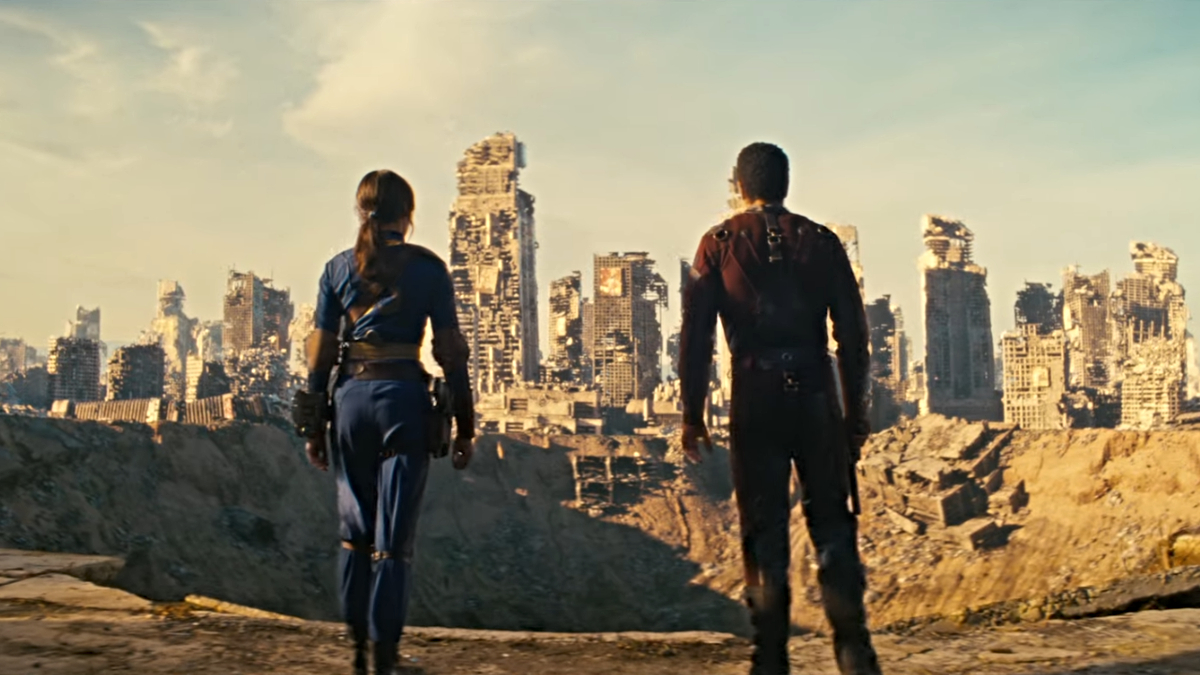
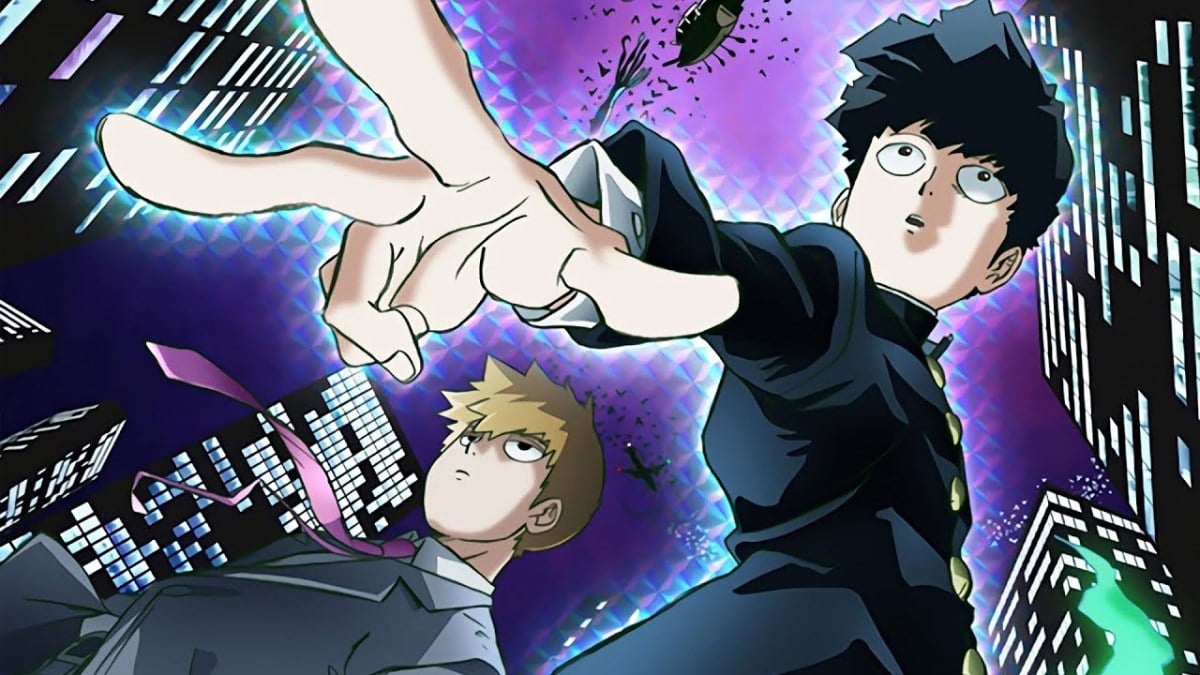
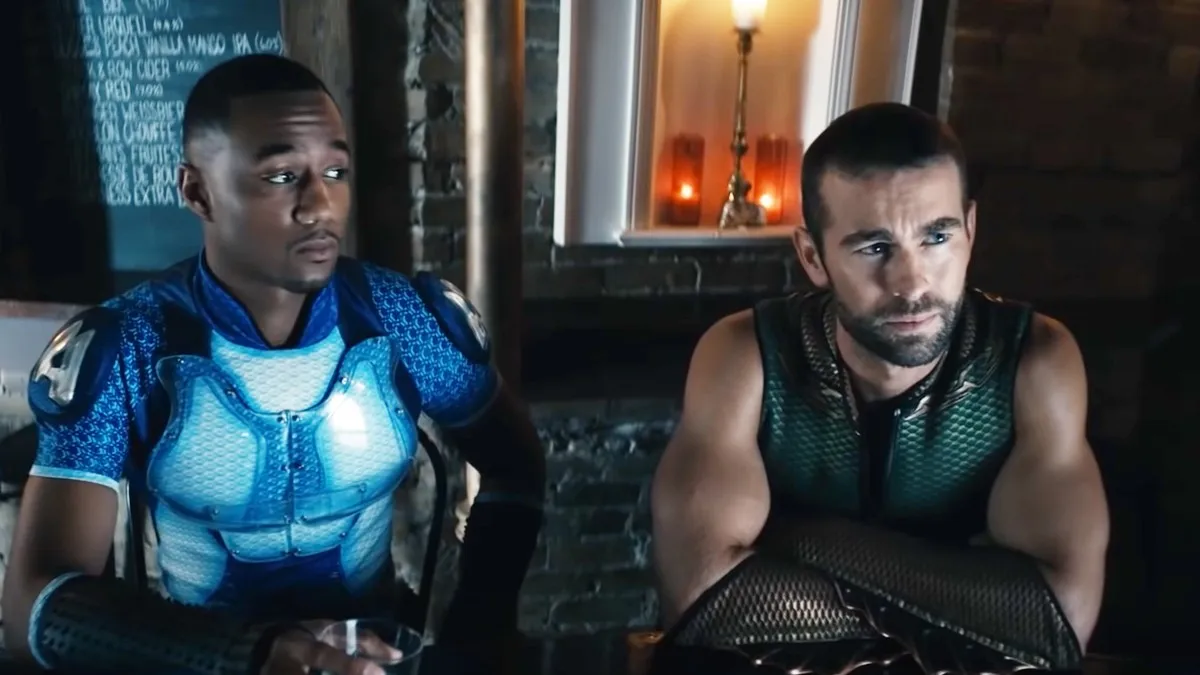
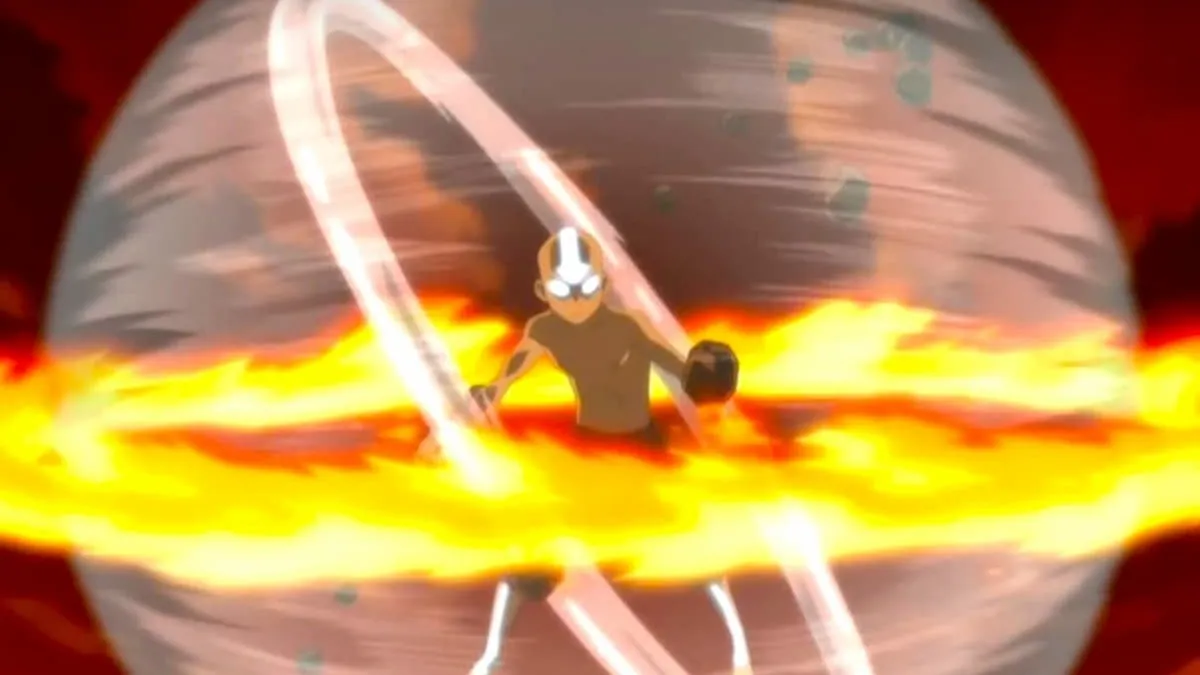
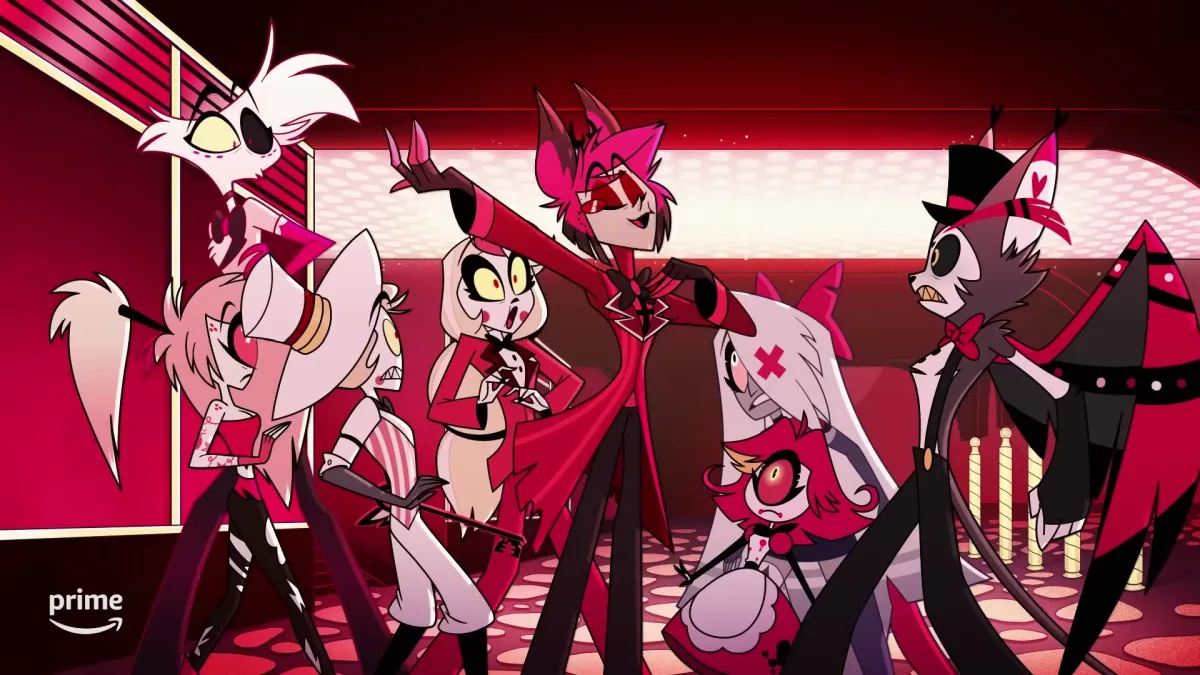

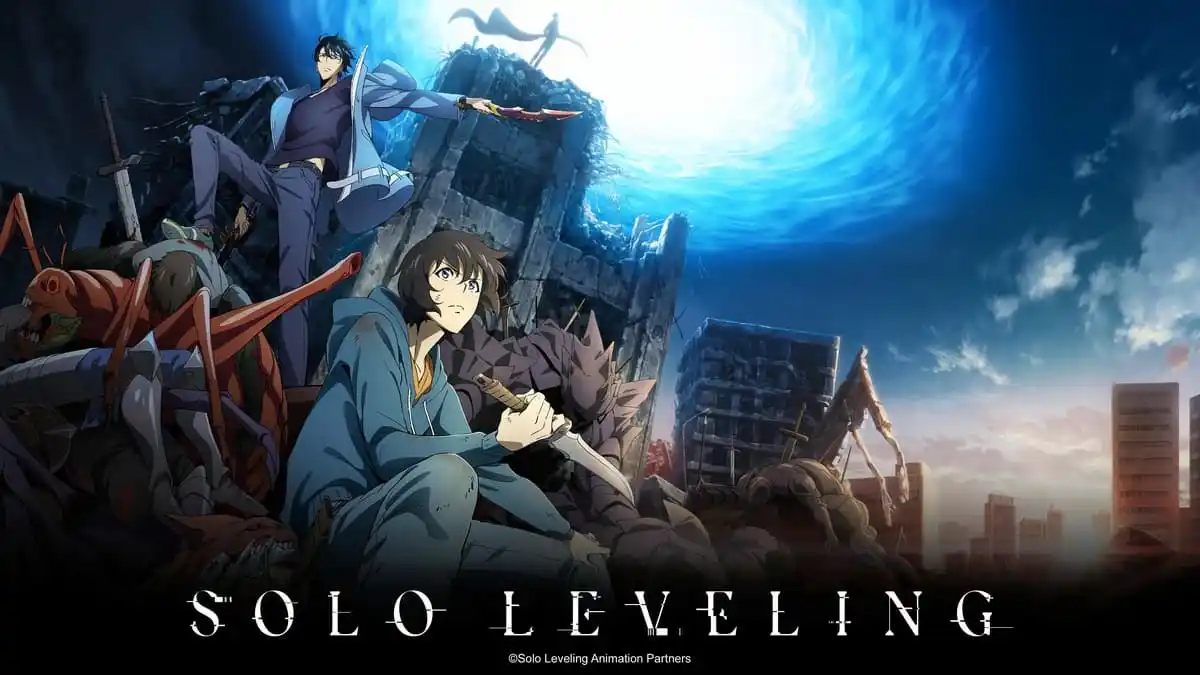
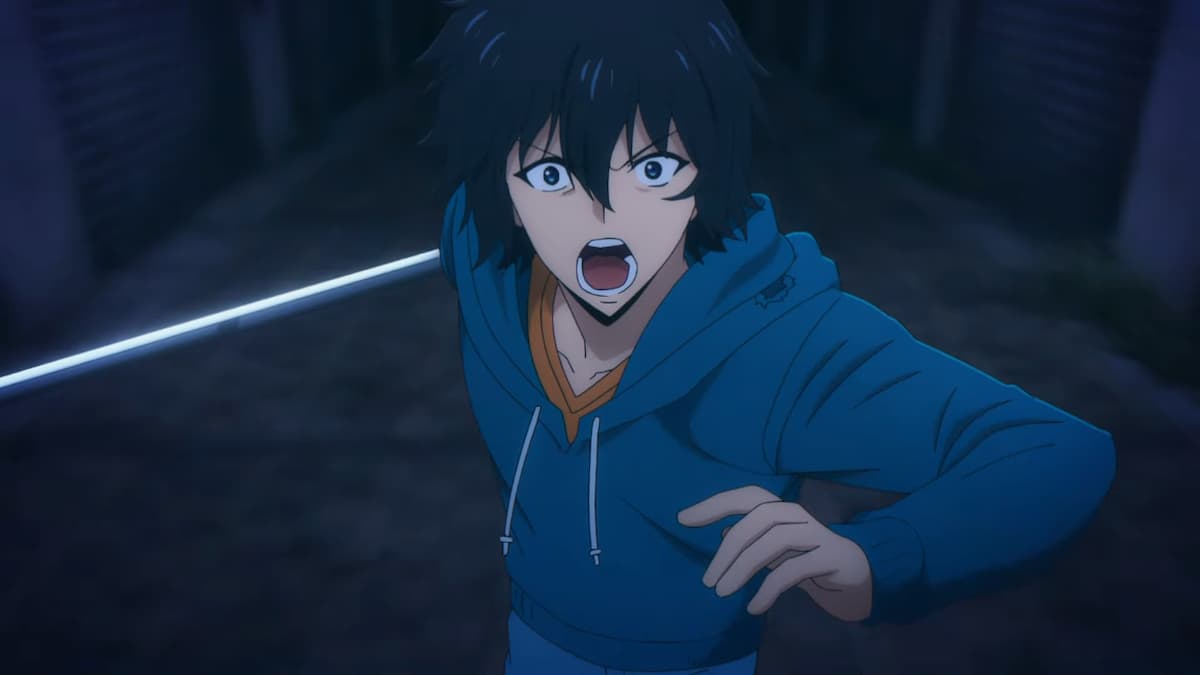

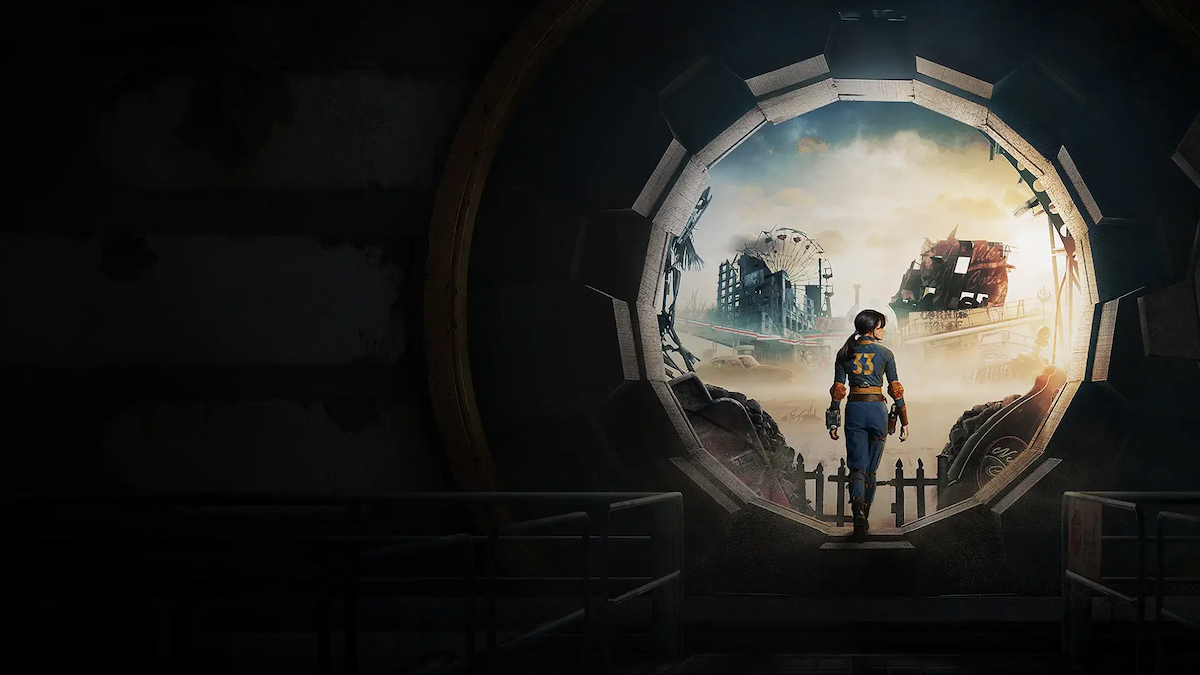
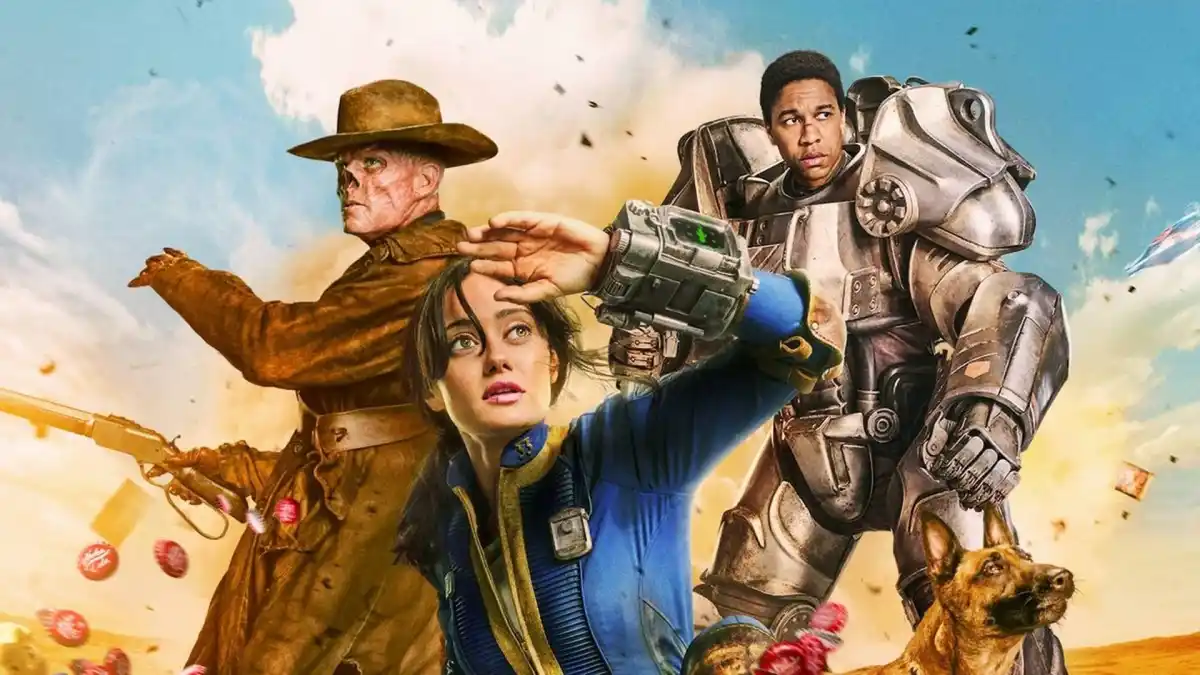
Updated: Dec 21, 2020 09:17 am